As the tech world voluntarily calls for enhanced AI governance
- Tram Ho
Trips of CEO OpenAI
Sam Altman is probably the most attention-grabbing technology leader in the world today, because he is the CEO of OpenAI – the company that created ChatGPT – the generative AI application that is causing a global fever recently. But at this time, the same CEO is constantly traveling around the world, in order to mobilize the authorities of other countries to take action to manage the field in which his company is doing business.
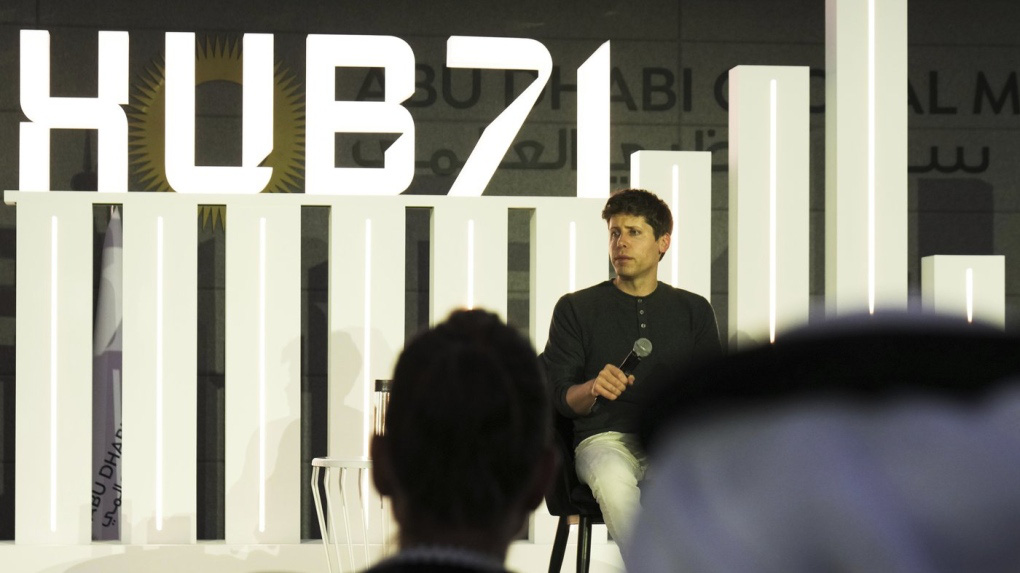
Sam Altman – CEO of OpenAI is constantly traveling to countries to advocate for joint efforts on AI management (Source: Gulfnews)
Most recently, in an online speech at an ongoing AI conference in China, Altman called on the host country to play a key role in shaping the rules governing AI. . “With the emergence of increasingly powerful AI systems, the need for global cooperation (for AI management) has never been so high,” he said.
While ChatGPT has not yet been licensed to operate in China, Mr. Altman’s views have proved quite similar to the vision of the Chinese authorities. A few days earlier, another famous technology CEO, Elon Musk, also said that the billion-population nation is studying measures to manage this potential field. Mr. Musk commented: “During my recent visit to China, I spoke with senior officials and had fruitful discussions about the risks of AI and the need to monitor them. As far as I understand, they will come up with AI regulations soon.”
Returning to Sam Altman, “international cooperation to manage AI” is also the common message that this CEO brings during his trip to different countries. In Korea and Dubai (UAE), Mr. Altman both made the point that the risk from AI should be considered an existential risk, equivalent to pandemics or nuclear war. OpenAI’s moderator also suggested that an international AI regulator could be created, similar to the United Nations’ International Atomic Energy Agency (IAEA).
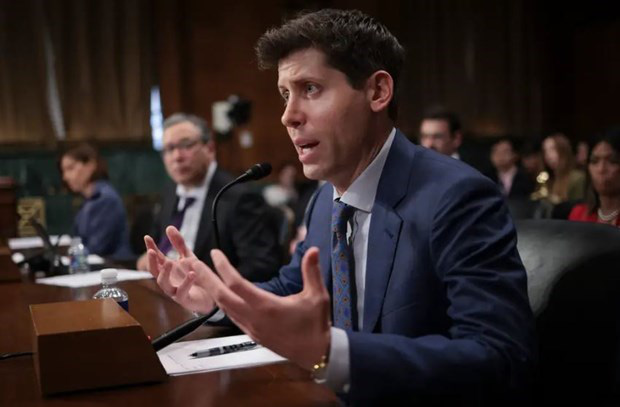
OpenAI CEO Sam Altman testifies at the US Congress (Source: Reuters)
At the “home ground” of the US, Mr. Altman’s views are not much different. Testifying before the Senate in mid-May, he said that government intervention is necessary to reduce the risks from AI. CEO Altman also suggested that the US government could create a new agency with powers to license large language models (LLMs) – the system behind services like ChatGPT, as well as to monitor and may revoke the licenses of companies that do not meet the standards in this area.
Why is the tech world voluntarily calling for AI regulation?
The views of the OpenAI CEO are not a single voice, but are increasingly dominant in the technology world in Silicon Valley in particular and globally in general. Concerns about risks and dangers if AI is improperly developed have been warned by hundreds of scientists and technology engineers recently, after ChatGPT sparked a fever with AI around the world. gender.
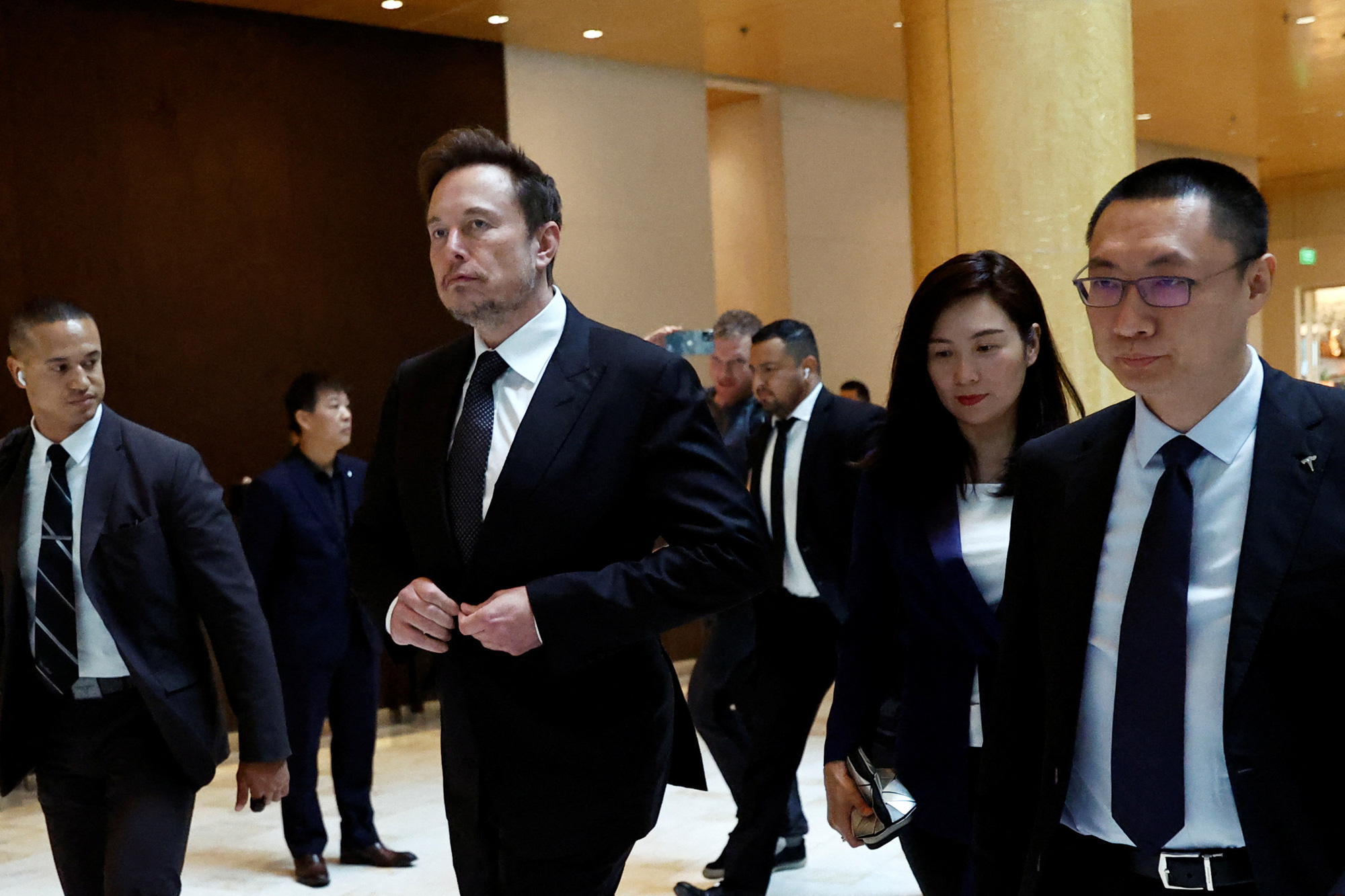
Billionaire Elon Musk once participated in an open letter calling for a “pause” of AI development for 6 months (Source: Reuters)
An open letter in March, signed by both Elon Musk and Apple co-founder Steve Wozniak, urged tech businesses to “pause” development of new AI models for half a year. , while officials study the risks as well as precautions.
Veteran scientist Geoffrey Hinton, who is often called the “godfather of AI”, even assessed quite pessimistically: “I have changed my mind about whether AI can be smarter than humans. They are close to that now, and in the future may even outgrow us. Will we be able to survive that?” . He stepped down as Vice President at Google in May so he could speak out more strongly about his concerns.
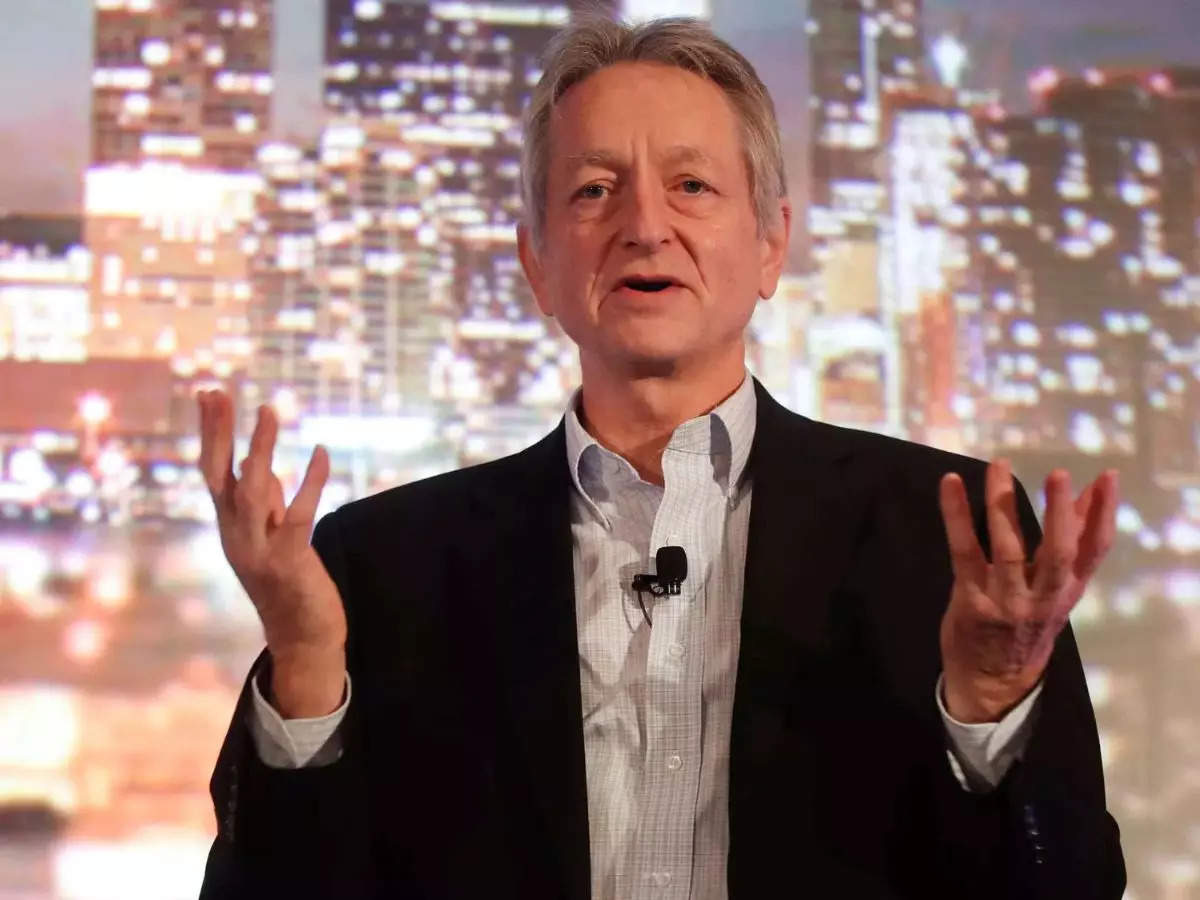
“The Godfather of AI” Geoffrey Hinton leaves Google to speak out about the dark side of AI (Source: AP)
This is turning AI into a very different phenomenon from the technology crazes that have taken place in the past. In Silicon Valley there is a commonly described adage about the issue of supervisory management, which is “It’s better to apologize than ask for permission”, which implies that companies can defy concerns to grow quickly. , instead of waiting for the clearly specified corridor. However, this is no longer true for technology startups at the present time. OpenAI and other AI startups like Anthropic and Inflection are both emphasizing “Safety” as a core issue with their products.
Another reason is attributed to the fact that many AI startups now have a symbiotic relationship with technology giants – names that also emphasize safety and supervision. For example, OpenAI received a $10 billion investment from Microsoft, while Google owns a significant stake in Anthropic. These relationships not only benefit small units in terms of capital, but also allow them access to huge cloud data warehouses from the big players – a key element in “training” them. AI system.
Sundar Pichai – CEO of Alphabet – once commented: “AI is too important to be uncontrolled, and too important to be weakly controlled” . The push for regulation will help “Big Tech” avoid criticism and trouble related to AI risks, such as disinformation, election manipulation, or the spread of terrorism and violence. online power – problems that they already have a headache.
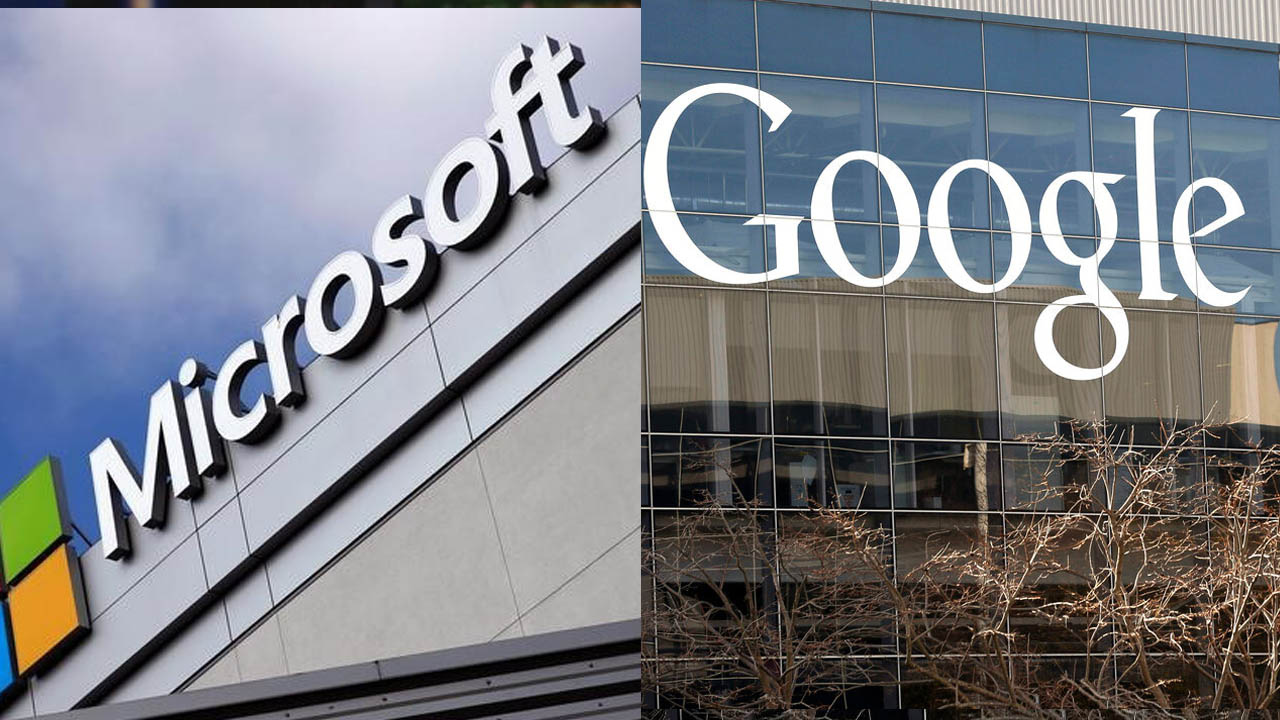
Giants like Microsoft and Google are investing heavily in AI and startups in this field (Source: Fox)
In addition, complying with the rules will also help “help” the big players strengthen their position, because it will raise barriers for new competitors to enter. Microsoft or Google want to use AI as a tool to strengthen and promote core areas, like enterprise services or search engines, so they will also want to control new innovations within the framework of the order. current market itself. Therefore, advocating for strengthening management is one way to help them achieve this goal.
Of course, this does not mean that technology businesses will be “soft” with strong AI management moves from global authorities. A typical example is CEO Sam Altman who threatened to stop ChatGPT service in the European Union (EU) – the region that is at the forefront of efforts to regulate AI, if the regulations set by this bloc become ineffective. too strict and difficult to implement.
This shows that AI management will still be a highly debated topic with no easy answers – just as it has with many other technology areas in the past. Government officials will still have to go through tough negotiations to find an optimal solution, ensuring the interests of both governments, businesses and the public in this new field.
Source : Genk
